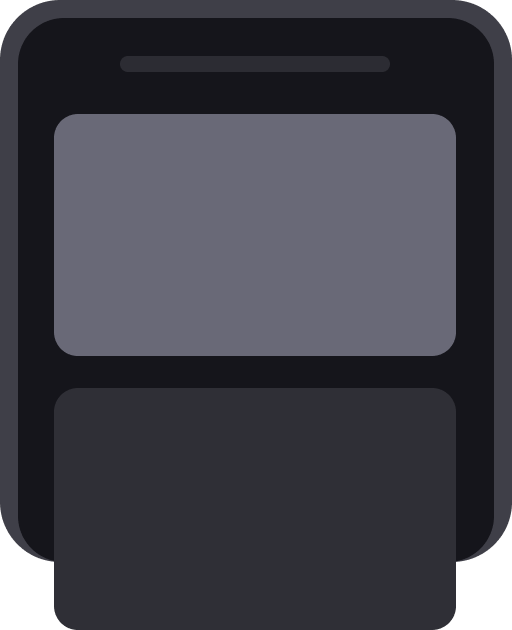14 Habits of Highly Productive Developers Summary
Productivity isn’t just about working faster or longer—it’s about making the most of the time and energy you invest in your work. For developers, cultivating habits that enhance productivity can lead to more efficient code, better work-life balance, and a greater sense of accomplishment.
Inspired by Zeno Rocha’s book, 14 Habits of Highly Productive Developers, this article dives into each habit, providing practical advice and real-world examples that you can apply to your own developer journey.
1. Look for signal
In a world where new frameworks, languages, and tools pop up almost daily, it’s easy to feel overwhelmed by the sheer volume of information out there. But here’s the thing—you don’t need to know everything. Instead of succumbing to FOMO (Fear of Missing Out), embrace JOMO (Joy of Missing Out). Focus on what really matters and ignore the rest.
Think of it like tuning a radio. Your goal is to find the clearest signal amid all the static. Identify what’s truly valuable to your goals and career, and don’t be afraid to say “no” to distractions. The key is self-awareness—knowing what’s important and what’s just noise. By focusing on the signal, you can spend your time learning and mastering what truly matters, rather than getting lost in the endless sea of new technologies.
2. Focus on fundamentals
Imagine trying to build a skyscraper without a solid foundation—it’s bound to collapse. The same goes for your development skills. Mastering the fundamentals is crucial before diving into the latest and greatest tools or languages. Fundamentals like data structures, algorithms, design patterns, and version control are the bedrock of your skill set.
Sure, it might seem more exciting to jump straight into the cutting-edge stuff, but without a strong grasp of the basics, you’re setting yourself up for failure. Take the time to practice and reinforce these core concepts. Whether you’re debugging, optimizing performance, or just writing clean code, a solid understanding of the fundamentals will serve you well throughout your career.
3. Teaching equals learning
There’s an old saying: “The best way to learn is to teach.” When you explain a concept to someone else, you’re forced to understand it on a deeper level. This is why teaching is such a powerful tool for learning.
You don’t have to be a seasoned expert to start teaching. Whether it’s mentoring a junior developer, writing a blog post, or creating a tutorial, sharing your knowledge not only helps others but also reinforces your own understanding. Plus, it’s a great way to build your personal brand and establish yourself as a thought leader in the developer community.
4. Be boring
Consistency isn’t glamorous, but it’s the secret sauce behind long-term success. Being boring means sticking to a routine, even when it’s not exciting. It’s about showing up every day and putting in the work, no matter how you feel.
Think of it like training for a marathon. You don’t wake up one day and decide to run 26 miles. You build up to it, day by day, mile by mile. The same goes for coding. Small, consistent efforts over time lead to big results. By embracing discipline and persistence, you’ll find that the steady, boring work is what ultimately leads to breakthroughs.
5. Do it for your future self
When you’re in the zone, it’s tempting to write clever, complex code that shows off your skills. But what happens when you (or someone else) have to come back to that code six months later? Will it still make sense? Will it be easy to maintain?
Write code that your future self will thank you for. Use meaningful variable names, keep functions small and focused, and write clear comments. Think about maintainability from the start. The goal is to make your code as understandable and straightforward as possible. Your future self—and your colleagues—will appreciate the effort you put into making the code easy to work with.
6. Your 9-to-5 is not enough
Let’s be real—your day job probably isn’t enough to push you to your full potential. Most jobs come with constraints: specific technologies, coding standards, and a limited scope of work. If you want to grow as a developer, you’ll need to invest time outside of work hours.
This doesn’t mean you have to burn yourself out, but dedicating some of your free time to personal projects, learning new skills, or experimenting with different technologies can significantly boost your career. It’s about finding the balance between work, learning, and personal time. Remember, discipline trumps motivation. You won’t always feel like learning or working on side projects, but sticking with it will pay off in the long run.
7. Master the dark side
To be truly unstoppable, you need to understand more than just code—you need to understand the business behind it. Knowing how your work impacts the company’s bottom line can help you make smarter decisions and prioritize effectively.
Think of it like being a chess player who sees the whole board, not just the next move. By understanding the business side, you can avoid over-engineering solutions and focus on what really matters. It also allows you to anticipate which features are most critical, helping you to allocate your time and energy more effectively. In short, a developer who understands both code and business is a force to be reckoned with.
8. Side projects
Side projects are like a sandbox where you can experiment, learn, and grow without the constraints of your day job. They’re an opportunity to explore new ideas, build something you’re passionate about, and even fail—because failure is often the best teacher.
But before you dive into a side project, ask yourself some important questions: Do you really enjoy this subject? Are you willing to commit to it for the long haul? Can you execute this idea fully by yourself? These questions will help you choose projects that are not only exciting but also sustainable.
Remember, side projects aren’t just about coding—they’re about building something meaningful that aligns with your interests and goals. And who knows? Your side project might just turn into your next big thing.
9. Mario or Sonic?
At the start of your career, it’s normal to jump from job to job, like Mario hopping from one platform to another. Each new job brings new experiences, skills, and challenges. But there’s a downside to constantly switching jobs—you might miss out on the deep, long-term impact that comes from staying with a project for an extended period.
On the other hand, if you stay in one place too long, you might get stuck in your ways, like Sonic endlessly running loops. The key is finding a balance between gaining diverse experiences and building deep expertise. Early in your career, it’s okay to move around and explore different opportunities. But as you progress, consider investing more time in projects that allow you to make a lasting impact.
10. Active listening
Communication is key in any collaborative environment, and the best communicators are often the best listeners. Active listening means fully focusing on the speaker, understanding their message, and responding thoughtfully—not just waiting for your turn to talk.
In the fast-paced world of software development, it’s easy to fall into the trap of listening just enough to respond. But true active listening involves empathy and patience. It’s about understanding the other person’s perspective, asking clarifying questions, and ensuring you’re on the same page. Practicing active listening can lead to better teamwork, fewer misunderstandings, and a more harmonious work environment.
11. Don’t underestimate
How many times have you said, “This will only take five minutes,” only to find yourself still working on it an hour later? Estimating time and effort is one of the most challenging aspects of development, and underestimating can lead to stress, missed deadlines, and frustrated colleagues.
To avoid this pitfall, it’s important to be realistic with your estimates. Break tasks into smaller parts, consider non-coding tasks like meetings and reviews, and always leave room for unexpected challenges. Remember, it’s better to overestimate and finish early than to underestimate and struggle to keep up.
12. Specialist vs. generalist
Should you be a specialist who knows everything about one thing, or a generalist who knows a little about everything? Both paths have their pros and cons, and the right choice depends on your career goals.
As a specialist, you can achieve deep expertise in a specific area, making you highly valuable in that niche. However, this path can be risky if the technology you specialize in becomes obsolete. On the other hand, as a generalist, you have the flexibility to adapt to new technologies and industries, but it might be harder to stand out in a crowded job market.
Ultimately, the choice between being a specialist or a generalist comes down to what you enjoy and where you see your career going. Reflect on your strengths, interests, and market demands to determine the best path for you.
13. Control your variables
In software development, variables are values that can change, and as developers, we’re used to controlling them. But in life, there are countless variables beyond our control, like the economy, the weather, or how others perceive us. The key to productivity is focusing on the variables you can control.
These include your attitude, your work habits, your health, and how you spend your time. By focusing on these controllable factors, you can improve your productivity and overall well-being. Remember, while you can’t control everything, you can control how you respond to the challenges and opportunities that come your way.
14. Stop waiting
We often fall into the trap of waiting for the perfect moment—the perfect conditions, the perfect project, the perfect time to start something new. But the truth is, there’s no such thing as perfect timing. The only thing holding you back is you.
If you want to achieve something, stop waiting and start doing. Take that first step, no matter how small, and build momentum from there. Don’t let fear of failure or uncertainty hold you back. The most successful developers are the ones who take action, even when they’re not entirely sure of the outcome.
Conclusion
Productivity isn’t about working harder—it’s about working smarter. By adopting these 14 habits, you can enhance your efficiency, improve your coding skills, and ultimately become a more productive and fulfilled developer. Start by focusing on one or two habits that resonate with you, and gradually incorporate more as you progress. Remember, small, consistent changes lead to big results over time. So, what are you waiting for? Start building your productive developer habits today!

Get the book on the official website: https://14habits.com/





